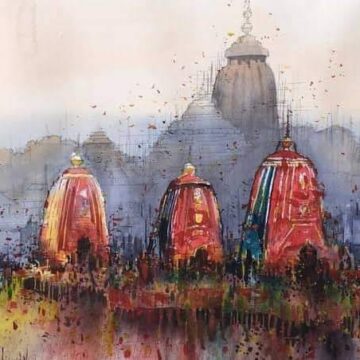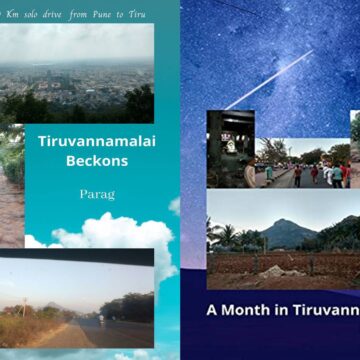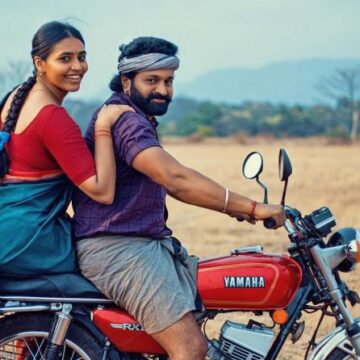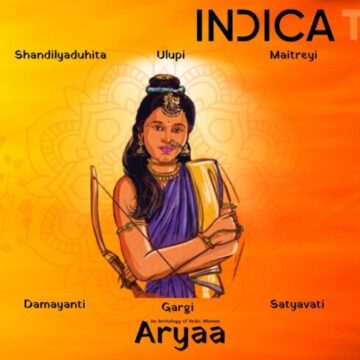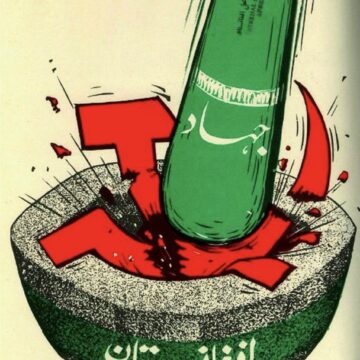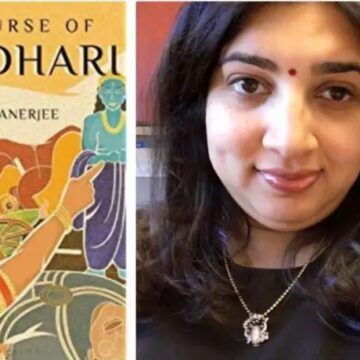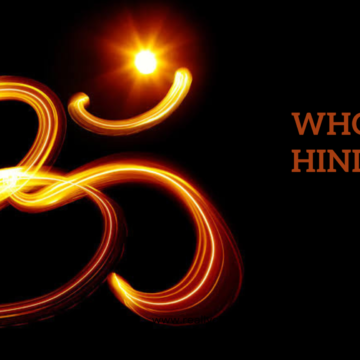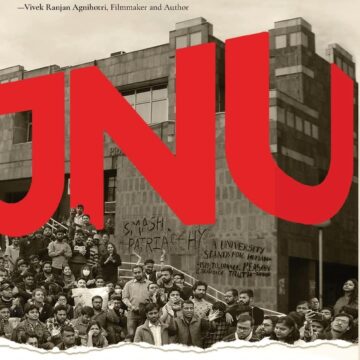The Jagannatha Ratha Yatra of Puri, Odisha, while not the only such event in the country, is certainly the most prominent and important one. The siblings Jaganatha, Balabhadra and Subhadra (Krishna with His elder brother and younger sister) are brought out and travel to their aunt's house, known as the Gundicha temple, where they stay for a two week period.
Ratnakar Sadasyula throws light on the lesser known aspects of the Ratha Yatra, its traditions and procedures, in detail.
Tag: civilisation
‘Tiruvannamalai Beckons’ and ‘A Month In Tiruvannamalai’ by Parag Shah – A Review
Rohan Raghav Sharma reviews two interconnected books, by the same author, on the same subject - 'Tiruvannamalai Beckons' and 'A Month In Tiruvannamalai'.
He critiques the writing style as well as the content and delves into the lore of the mystic mountain of Tiruvannamalai, in this well-penned piece.
Does Kantara depict women in bad light?
In this review of Kantara, Rohan Raghav Sharma tackles the allegations that the film depicts women in a poor light by analysing the actions of the key characters as well as scenes that may be interpreted as such.
‘Aryaa’ – An Anthology of Vedic Women – Review
"Stories ranging from the Warrior princess Chitraganda who fights alongside Arjuna to the bold princess Ulupi who approaches Arjuna for the union of her own accord to Queen Subhadra who finds a different way of carrying out her dharma and supporting her husband than the conventional way one expects a wife to. Characters etched in the minds of popular imagination such as Satyavati, Shakuntala, and the duo Nala-Damayanti are also presented in a narrative that cannot fail to entertain and arouse interest. The most metaphysical and philosophical stories are undoubtedly those of Gargi, the Brahmavadini, and Maitreyi, the scholarly wife of the famed Yajnavalkya. These stories prove that while there were women steeped in the Shastric worldview, they were not purposely debarred from aspiring towards education and a spiritual path."
In this review of 'Aryaa - An Anthology of Vedic Women' Rohan Raghav Sharma discusses the need for such a book before delving into each of the ten stories told in the book. He gives detailed insights into each story along with his critique of the writing styles of the different writers.
The Fate Of Muslims Under Soviet Rule : A Review
"Communism, as the logical outcome of materialism, cannot but be hostile to religion in all its aspects. Thus from the very beginning, the Communists aimed at the destruction of religious belief and worship in Soviet Russia."
Halley Kalyan pens a review of “The Fate Of Muslims Under Soviet Rule” - a booklet about Soviet government rule in regions that had a significant population of practicing Muslims, by Erich W Bethman (1958); and highlights the shared antagonism towards religion (Hinduism in particular in the Indian context) between the Communist dogma and the Indian version of Secularism.
‘The Curse of Gandhari’ by Aditi Banerjee: A Review
Rohan Raghav Sharma reviews Aditi Banerjee's book titled: "The Curse of Gandhari"; and takes us on a journey through the plot, while analysing the construction of the narrative alongwith his understanding of the author's thoughts and approach.
Hindu, Hinduism, Hindudtva – Part 2
In the second part, Dr. Pingali Gopal discusses the evolution of political Hindutva after independence, and sheds light on the failure to define the basic terms as we struggle with the alleged rise of ‘Hindu fundamentalism'.
Hindu, Hinduism, Hindutva – Part 1
Who exactly is a ‘Hindu’ and what are ‘Hinduism’ and ‘Hindutva’? Does it mean the land (geography), ancestral roots (history), or a shared culture?
Dr. Pingali Gopal tackles this proverbial bull by the horns, systematically looking at attempts to define and distinguish ‘Hinduism’ and ‘Hindutva’ by Western thought, the Indian liberal elite, and practising Hindus.
JNU – Nationalism and India’s Uncivil War by Makarand Paranjape – A Review
Rohan Raghav Sharma reviews Dr. Makarand Paranjape's book titled: "JNU - Nationalism and India's Uncivil War"; while analysing the happenings in JNU that led to the events detailed in the book. He also questions Dr. Paranjape's optimism and suggestions for handling the university moving forward.
Philosophical Systems Of India – A Primer – Part 5
The problems in Western philosophical traditions arise due to many factors, mainly the confusion of the relation between mind and matter; and making philosophy subservient to scientific dogma. Indian philosophy is not a dry intellectual exercise and holds a definite purpose to propel humans into the highest realms of bliss. Indian and Western philosophical traditions run on two parallel tracks consequently.

